August 2025 Meetup - Theories of Atonement
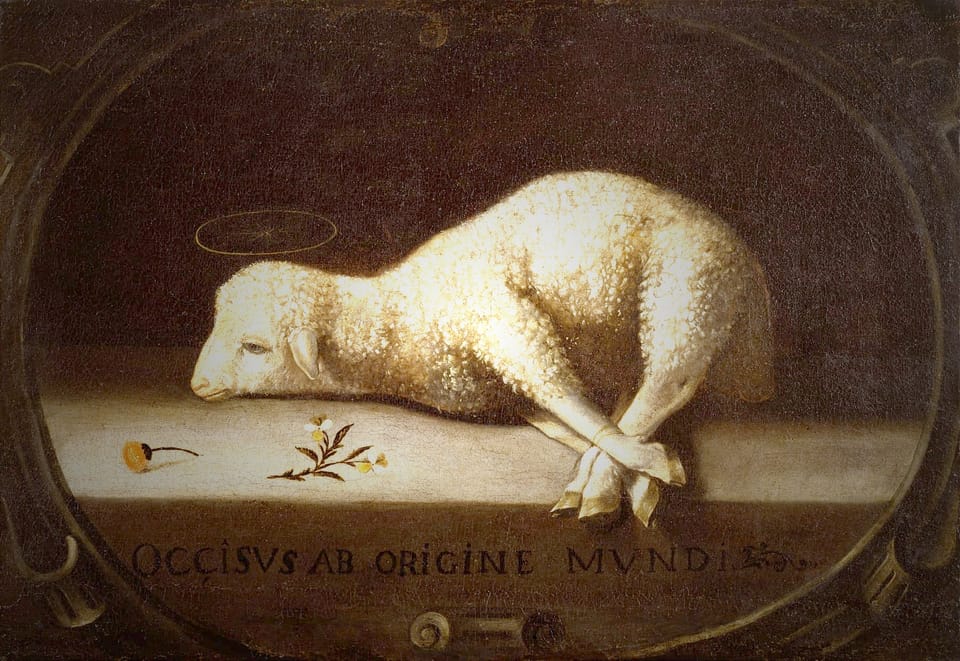
💡
Meetup on Thursday, Aug. 21st, 2025, hosted at Rigby's Cigars in Paris, Texas.
This month, we're discussing the various concepts of Jesus' atonement as expressed by Christian scholars throughout the years. While most of us are familiar with the limited Penal Substitutionary Atonement doctrine, which was developed by the reformers, it's essential to acknowledge the earlier attempts, as their outcomes are recognized in penal atonement, even though they are not seen as the primary impetus or result of His work.
The latter modern theories, such as "Example Theory" or "Liberation/Political Theory," either stem from an early theory already deemed heretical (Example Theory) or are new heresies that import post-modern critical theory contentions.
Reformed Perspective on the Theories
- The Reformers recognized true but partial insights in some early views (e.g., Christus Victor is a result of the atonement, not its essence).
- They critiqued moral influence and example theories as insufficient because they do not deal with God’s wrath or guilt of sin.
- Penal substitution is seen as the fullest biblical explanation: Christ bears our curse (Gal. 3:13), satisfies God’s justice (Rom. 3:25–26), and secures reconciliation with God (2 Cor. 5:21).
A summary of the theories by time period.
Patristic & Early Church Theories
- Ransom Theory (Origen, Gregory of Nyssa, Augustine)
- Christ’s death was seen as a ransom paid to Satan to free humanity from bondage.
- Emphasized victory over sin, death, and the devil.
- Later corrected because it wrongly implied Satan had legitimate rights over humanity.
- Scripture references:
Mark 10:45, “the Son of Man came… to give his life as a ransom for many.”
1 Tim. 2:5-6, Christ “gave himself as a ransom for all.” - Notes: Early Fathers sometimes overstated the “ransom to Satan,” though Scripture emphasizes the ransom paid to God’s justice.
- Christus Victor (Irenaeus, Athanasius, early Fathers; revived by Gustaf Aulén)
- Christ’s death and resurrection defeat the powers of sin, death, and the devil.
- Emphasizes Christ as the conquering King.
- Often paired with Colossians 2:15, Hebrews 2:14-15.
- Scripture reference:
Col. 2:15, Christ “disarmed the rulers and authorities… triumphing over them.”
Heb. 2:14-15, Christ destroyed the one with power of death, the devil.
1 John 3:8, “The reason the Son of God appeared was to destroy the works of the devil.”
Medieval Theories
- Satisfaction Theory (Anselm of Canterbury, Cur Deus Homo)
- Humanity’s sin dishonored God; satisfaction had to be made.
- Christ, as God-man, made satisfaction by His obedience and sacrificial death.
- Focused more on God’s honor than His justice.
- Scripture references:
John 10:17-18, Jesus lays down His life willingly.
Phil. 2:8-11, His obedience restores God’s honor.
Rom. 5:18-19, By one man’s obedience, many are made righteous.
- Moral Influence Theory (Peter Abelard)
- Christ’s death is the ultimate demonstration of God’s love, intended to inspire us to love Him in return.
- Downplays God’s wrath and justice.
- Revived in liberal theology (e.g., Schleiermacher, Ritschl).
- Scripture references:
John 15:13, “Greater love has no one than this, that someone lay down his life for his friends.”
Rom. 5:8, “God shows his love for us in that while we were still sinners, Christ died for us.”
Reformation & Post-Reformation
- Penal Substitutionary Atonement (Reformers: Luther, Calvin; later developed in Reformed orthodoxy)
- Christ bore the penalty due to sinners, satisfying God’s justice.
- Substitutionary in nature: “the righteous for the unrighteous” (1 Pet. 3:18).
- Central to Reformed confessions (Westminster Confession, Heidelberg Catechism).
- Scripture references:
Isaiah 53:4-6, “He was pierced for our transgressions… the LORD has laid on him the iniquity of us all.”
Gal. 3:13, Christ became a curse for us.
2 Cor. 5:21, “For our sake he made him to be sin… so that in him we might become the righteousness of God.”
Rom. 3:24-26, God shows His justice and justifies the one who has faith in Jesus.
- Governmental Theory (Hugo Grotius, Arminian tradition)
- Christ’s death did not pay the exact penalty for sin, but demonstrated God’s justice and His moral governance of the universe.
- More about upholding divine order than satisfying wrath.
- Scripture references:
Rom. 3:25-26, God demonstrates His justice so He may be just and the justifier.
Heb. 9:15, Christ’s death shows the seriousness of sin.
Modern Liberal & Other Views
- Example Theory (Socinians, later Unitarians)
- Christ’s death is primarily an example of faith and obedience.
- Denies substitution and propitiation.
- Scripture reference:
1 Peter 2:21, “Christ also suffered for you, leaving you an example.”
Matthew 16:24, “If anyone would come after me, let him deny himself and take up his cross and follow me.”
- Liberation / Political Atonement Theories (modern liberation theology)
- Christ’s atonement is seen in His identification with the oppressed, breaking chains of injustice.
- More horizontal (social) than vertical (God-ward).
- Scripture references:
Luke 4:18, Christ proclaims liberty to the oppressed.
Exodus themes of deliverance.
Micah 6:8, “Do justice, love kindness, walk humbly.”
Theories organized by problem, action, and result.
| Theory | Problem Addressed | What Christ Does | Result |
|---|---|---|---|
| Ransom Theory (Origen, Augustine) | Humanity enslaved to Satan | Pays ransom to Satan through His death | Humanity freed from Satan’s power |
| Christus Victor (Irenaeus, Athanasius, Aulén) | Humanity oppressed by sin, death, devil | Conquers these powers through death & resurrection | Victory for God’s people, liberation from bondage |
| Satisfaction (Anselm) | God’s honor offended by human sin | Offers His perfect obedience & death to satisfy God’s honor | God’s honor restored, forgiveness possible |
| Moral Influence (Abelard) | Humanity’s ignorance and lack of love | Demonstrates God’s love supremely on the cross | Humanity inspired to love & repent |
| Penal Substitution (Reformers, Reformed confessions) | Humanity guilty under God’s law, deserving wrath | Bears the penalty of sin in our place, satisfying justice | Sins forgiven, righteousness imputed, reconciliation with God |
| Governmental (Grotius, Arminians) | God’s moral order needs upholding | Christ’s suffering shows seriousness of sin, without exact penalty | God forgives while maintaining justice in the universe |
| Example Theory (Socinians, Unitarians) | Humanity needs a moral role model | Christ sets the supreme example of obedience | Humanity encouraged to follow Him |
| Liberation / Political (Modern liberation theology) | Oppression, injustice, systemic sin | Identifies with the oppressed, resists evil powers | Social liberation, solidarity with the marginalized |
When & Where
Rigby's is in downtown Paris, Texas. Wednesday, August 21st @ 7:00 PM.
Rigby’s Cigars & Lounge · 10 N Plaza, Paris, TX 75460, Verenigde Staten
★★★★★ · Lounge



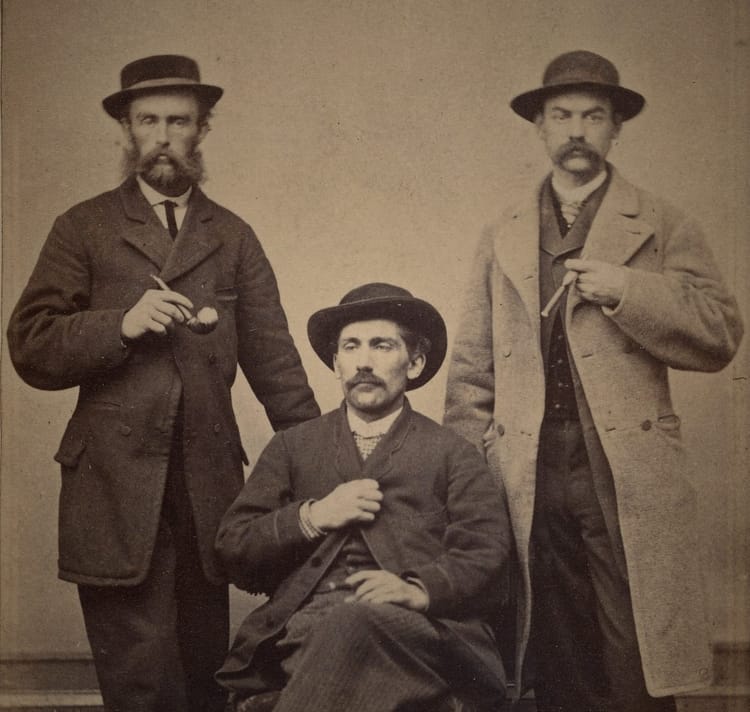
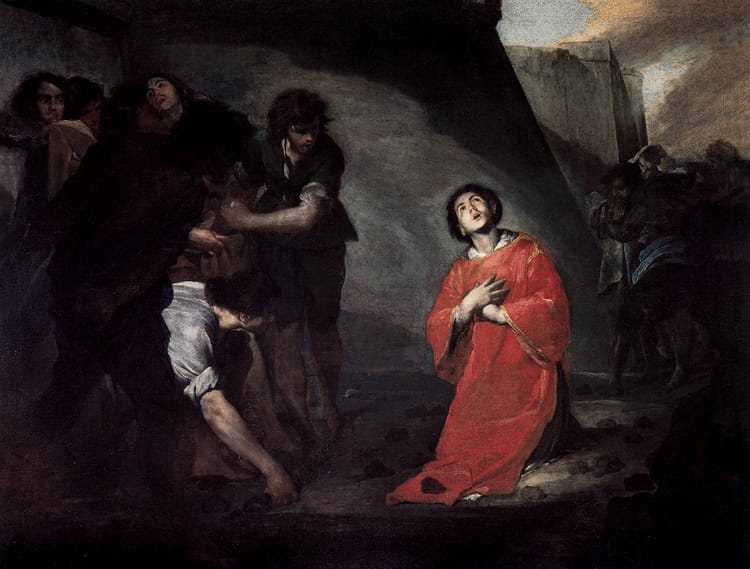
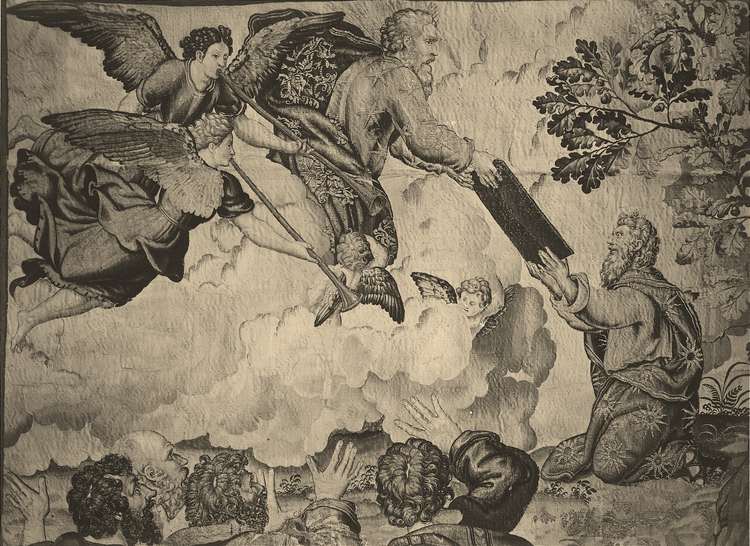
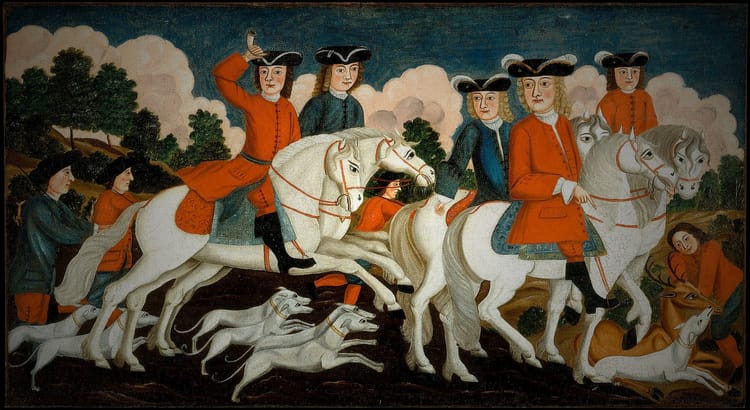
Member discussion